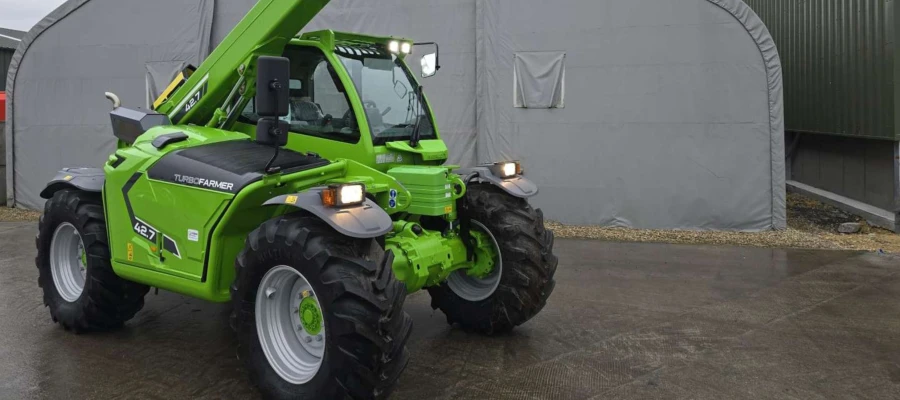

Hi Shannon

My Account
Add my auction









28th August 2025

The UK construction sector is no stranger to turbulence. Rising material costs, tighter margins and fluctuating demand are forcing businesses across plant and civil engineering to rethink how they scale, remain resilient and meet sustainability goals.
Kevin Gardner, Commercial Manager at BPI, believes the answer lies in smarter asset strategies - particularly the growing role of second-hand machinery and equipment.
“Across the industry, firms are having to balance cost pressures with the need to stay competitive and sustainable,” he explains. “Second-hand machinery, tools and equipment offer an increasingly attractive solution. It’s quicker to source, more cost-effective than new and feeds directly into circular economy practices.”
That flexibility is becoming critical as the sector faces ongoing uncertainty. The latest S&P Global UK Construction Purchasing Managers' Index reported that July’s activity fell to its lowest point since May 2020, with housing, commercial and civil engineering all recording declines - the sharpest being in civil engineering.
Yet while activity dips, demand for quality pre-owned assets continues to climb. For contractors, tool hire companies and civil engineering firms, second-hand machinery provides a faster, more affordable way to meet project needs without compromising performance.
BPI recently supported a national tool hire business as it cycled out its five-year-old fleet. By managing the disposal process and auctioning surplus tools through its platform of more than 180,000 registered bidders, BPI delivered efficient sales, reduced maintenance costs and ensured maximum returns. Each sale was fully managed, with prompt payment, detailed reporting and direct settlement into the client’s account.
“This kind of structured approach takes the hassle out of asset disposal,” says Gardner. “It means businesses can unlock real value from surplus equipment while keeping disruption to a minimum.”
The benefits extend beyond the balance sheet. Giving tools and machinery a second life reduces waste, conserves resources and lowers carbon impact - helping firms meet their sustainability targets while staying competitive.
Looking ahead, Gardner sees second-hand assets becoming an essential part of the construction landscape. “With infrastructure investment ongoing and market conditions unpredictable, businesses that embrace flexible, sustainable asset management will be best placed to respond to challenges and seize new opportunities. In today’s environment - where budgets are tight, timelines are shorter and sustainability is non-negotiable - second-hand and auction routes are a compelling solution.”
Keep up to date with the latest BPI auctions by signing up to Auction News. Get alerts on upcoming sales, discover quality second-hand equipment and never miss an opportunity to grow your business sustainably.
Includes
Have an account? Sign in

By clicking create account you confirm that you agree to our website terms of use.
Create Account
